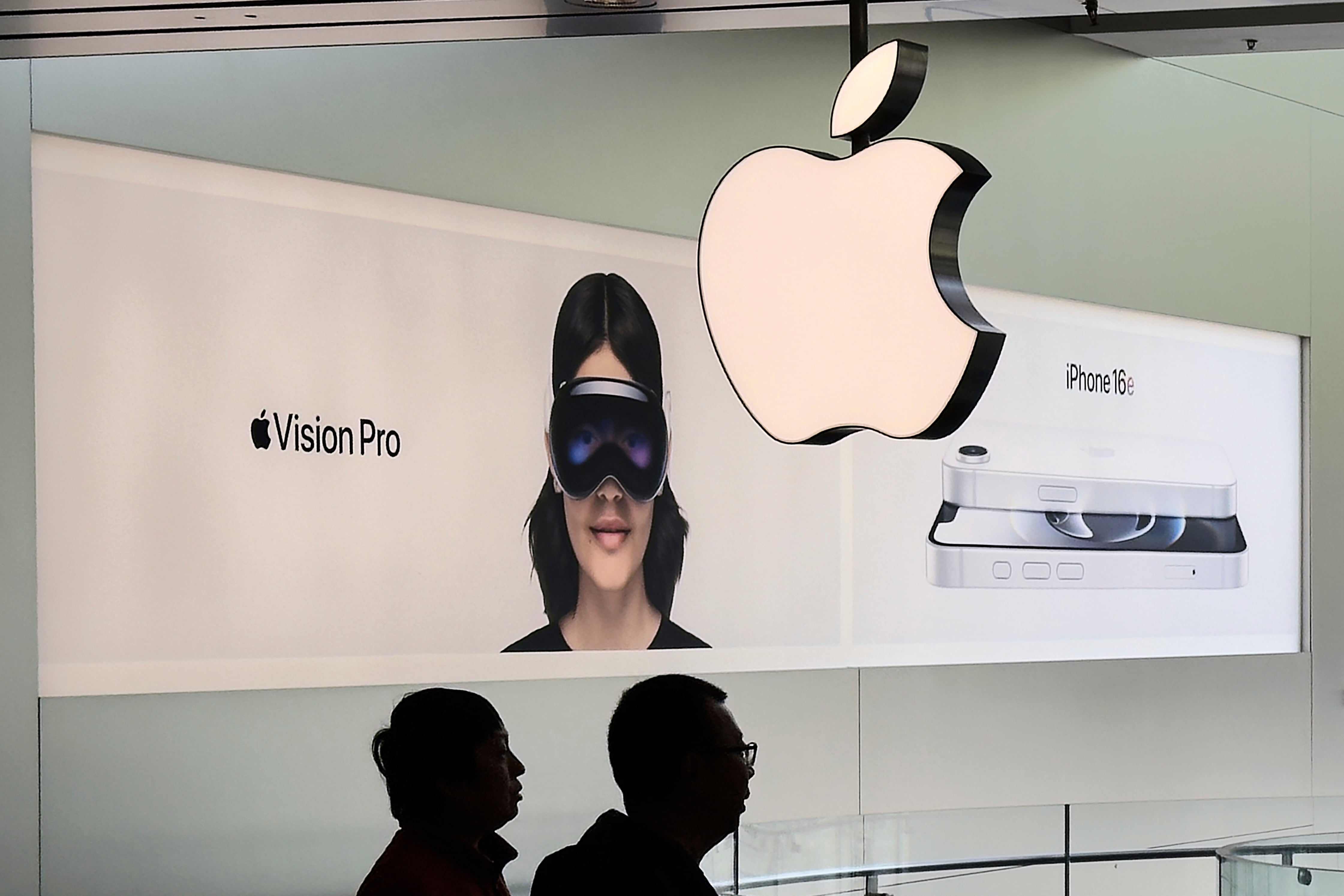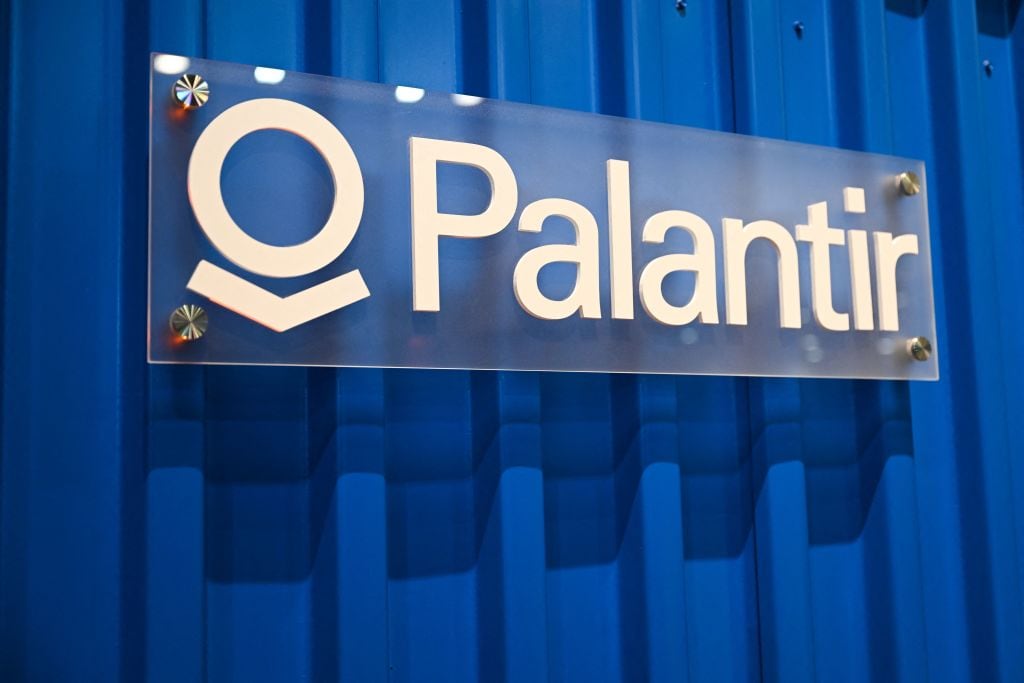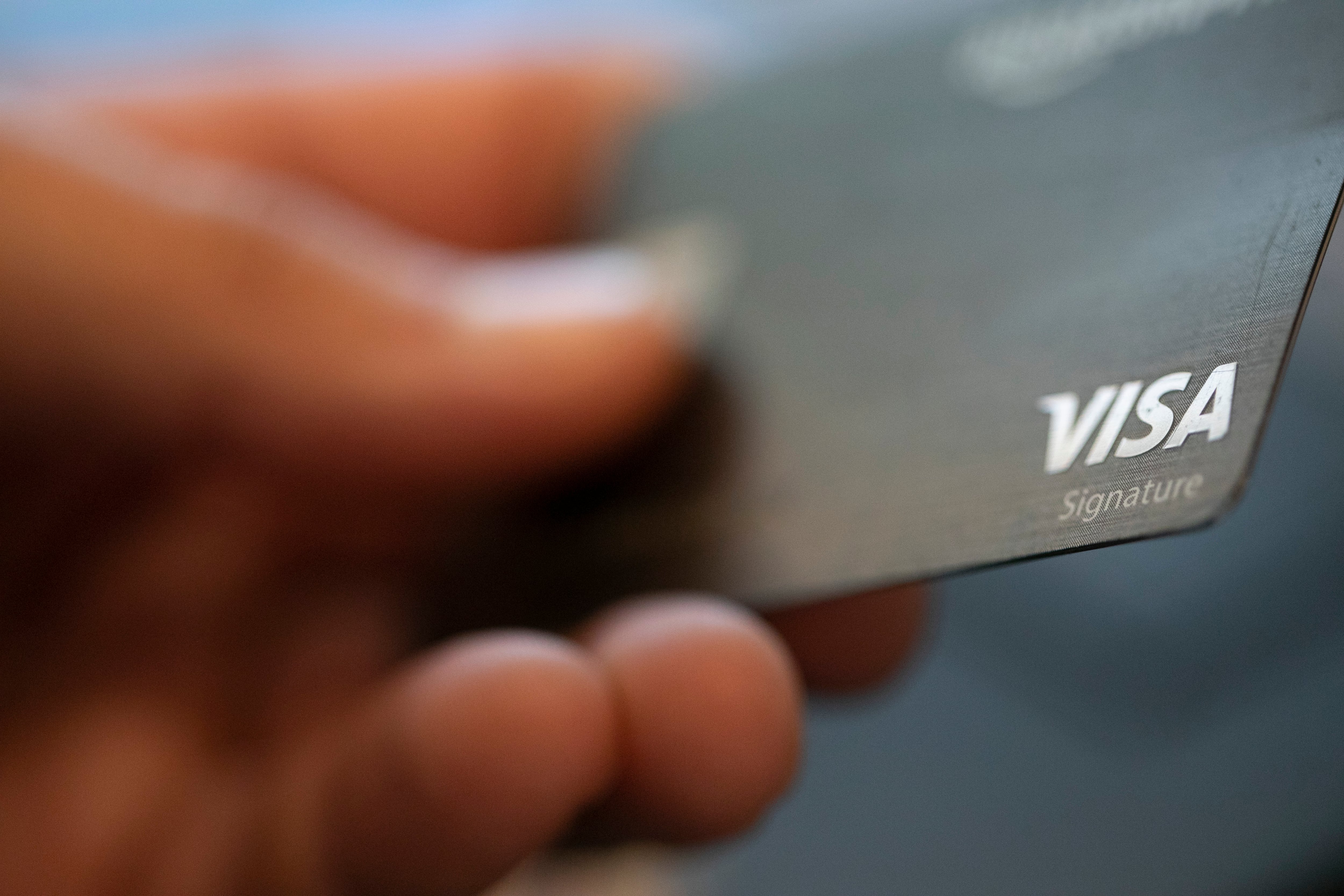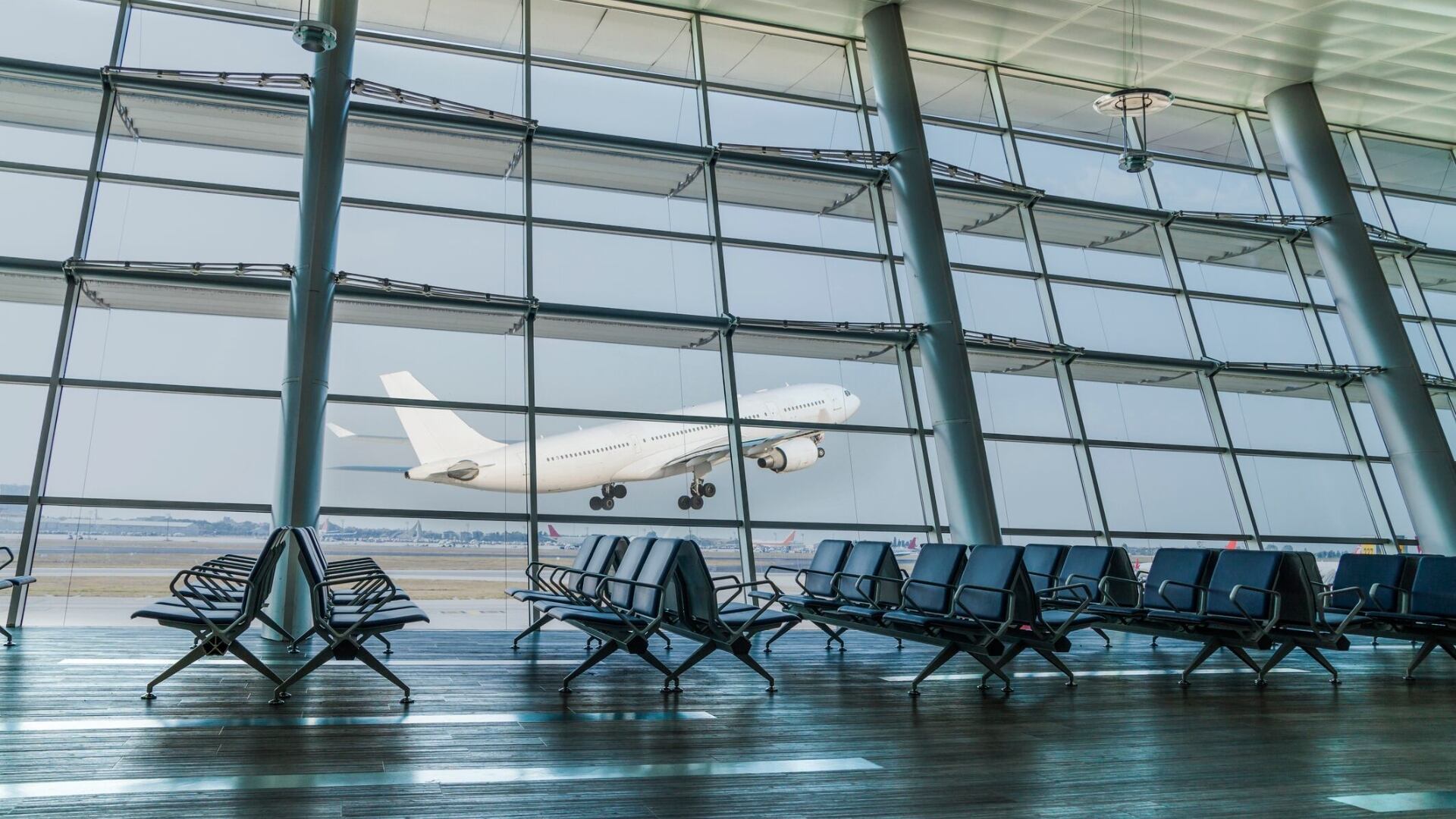Since the onset of the coronavirus pandemic, some companies have been trying to do their part in helping the world get back to some sense of normalcy. As scientists speculate on the possibility COVID-19 becomes another recurring disease humans learn to live with, much like the flu, delivery giant UPS says it's committed to the continued safe distribution of vaccines around the world.
"The world is now vaccinating roughly six million people a day. That'll be 5.4 years before we get to 75 percent of the world's population," Scott Price, head of international operations for UPS, told Cheddar.
"What I can tell you is that given the size and the scope of the world's population and in our network, we're always going to be prepared for the capacity needs to get this vaccine around the world," he added.
The company's services aren't just limited to the needs of the United States. While the AstraZeneca vaccine has not been cleared for use in the U.S., UPS has worked closely with other countries, South Korea in particular, in distribution efforts. Price said the company is willing to transport any vaccine to any place in need.
UPS Healthcare and the UPS Foundation have also donated $3 million to COVID vaccination efforts.
"Distribution is really critical when it comes to vaccines. We've been doing healthcare distribution. We have a pretty substantial segment, but you know the ultra-low temperature required on these vaccines is what makes this one particularly unique," Price said. "Now, we have cold storage capability, so as part of our donation, that $3 million, part of it is just capacity of that ultra-low temperature."
With the company delivering nearly 25 million packages every day, Price said UPS has "plenty of capacity" to ensure the safe delivery of vaccines worldwide.
"We have to continue to drive solutions in manufacturing so that we're able to get these into the arms of citizens around the world," he explained.












